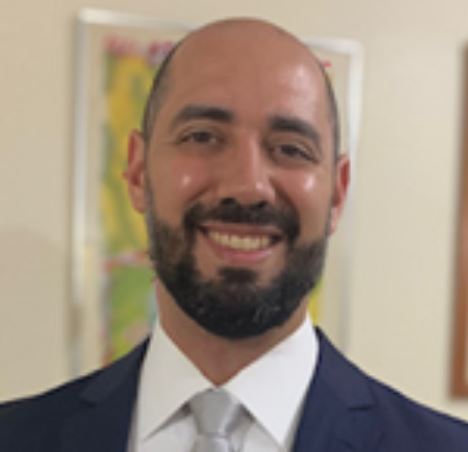 *By Marcelo Almeida
*By Marcelo Almeida
The expression run over does not have a positive meaning. In the vernacular, the term is associated with collision, crushing or something that can cause death or mutilation.
Trampling was the expression used by the opposition to criticize the approval of the tax reform in the Federal Senate. In practice, the process of approving the tax reform in the Senate resulted from a political agreement that involved relativization of the procedural rules that govern the matter. When this happens, the safety of the process raises doubts about the result.
The constitutional rule is clear: the approval of a constitutional amendment requires a qualified quorum of 3/5 of parliamentarians, in two shifts, in each of the legislative houses – art. 60, §2 of the Federal Constitution. The issue is defining the interval between shifts.
The Internal Regulations of the Federal Senate provide for an interstice between the first and second round corresponding to five days – art. 362. This was not what happened in the case of the approved tax reform.
On the same day that the tax reform was approved by the Senate Constitution and Justice Committee, a Request 988/2023 who requested a special calendar for the tax reform proposal. The question was knowing what the special calendar meant.
As soon as the session began, the unpredictable special calendar took shape. In practice, it meant approving the reform in consecutive shifts, without interstice. This is how it was done: approval in the first round with a score of 53 votes in favor and 24 against; in the second round, the score was exactly the same. To meet the constitutional requirement of two-thirds, the reform needed 49 votes in favor.
The journey of tax reform included a political factor that generated a strong sense of modification of the tax payment system in Brazil. The formation of a majority, however, does not authorize the relativization of procedural rules. Obedience to the process is essential to respect those who are against it.
There is a reason why there is a gap between shifts. The space of time is dedicated to the reflection necessary to reach a mature decision when it comes to constitutional changes. Hence the qualified quorum: it is a law that occupies the highest constitutional position in the country.
Maturity is not the keynote of our Brazilian legislative process. We are opportunists with hints of recklessness. The process begins and you pay to see where it ends. There is legislative stress to see where it goes before even thinking about which paths should be taken.
Previous evidence of the relativization of constitutional changes has already occurred in the Pension Reform. The approval of amendment 41, which changed the retirement rules, already has relativizations provided for in the PEC 47 to soften the impacts of retirements on the time spent in professional positions. Considering that the tax reform will depend on infraconstitutional regulations to be implemented, it is difficult to believe that it will remain unchanged for ten or twenty years.
The Federal Constitution completed 35 years on October 5th. Apparently, the Magna Carta can be compared to a 35-year-old person who, despite being able to have a life of his own, or even start his own family, prefers to continue living with his parents rather than take on new responsibilities. When we come across proposals that gain importance on a case-by-case basis (despite being meritorious) capable of relativizing the procedural security necessary to convince even those who are defeated, we have evidence of a lack of democratic maturity.
Legal security is one of the main factors hindering Brazil's growth. Without solid regular foundations, investments tend to disappear. This is curious, as tax reform aims to simplify (reduce the number of taxes) precisely to make the system more intelligible and safe. The reform process, however, does not correspond to the intended reform objective.
The tax reform has not yet been approved. Upon returning to the Chamber of Deputies, there is speculation about slicing the text: preserving what is consensus and discussing dissent at another time.
“I cannot say whether the slicing will occur, because in the construction of the text there may be some modification that, structurally, compromises the constitutional amendment.” Said Deputy Agnaldo Ribeiro. Source: Agência Camara.
Legislative maturity is a goal that can only be achieved over time. In this particular, respect for the process, notably the interstices as an invitation to reflection, is fundamental to exhausting the need and scope of what is possible in the political, social and economic dimension for Brazil.
*Marcelo Almeida, Director of Government Relations at ABES












